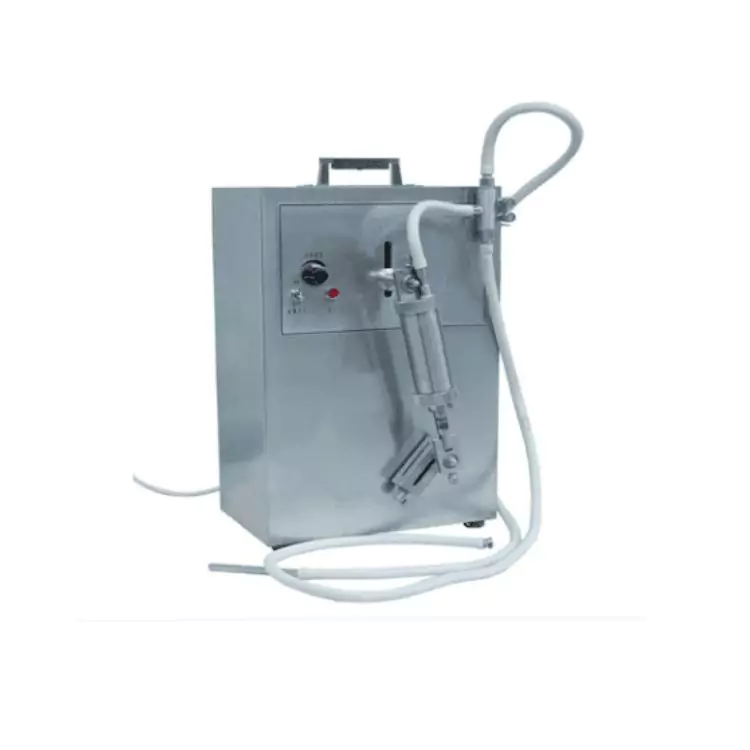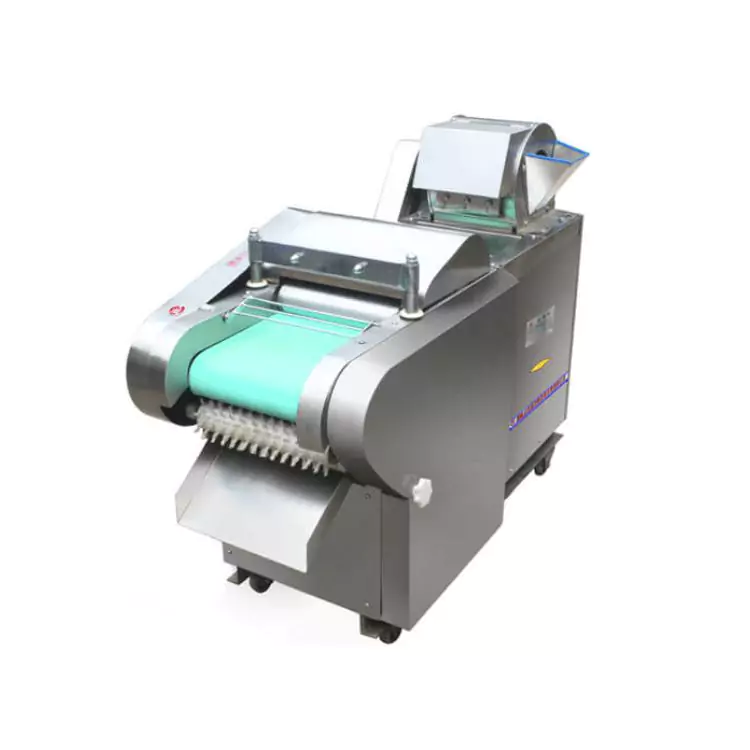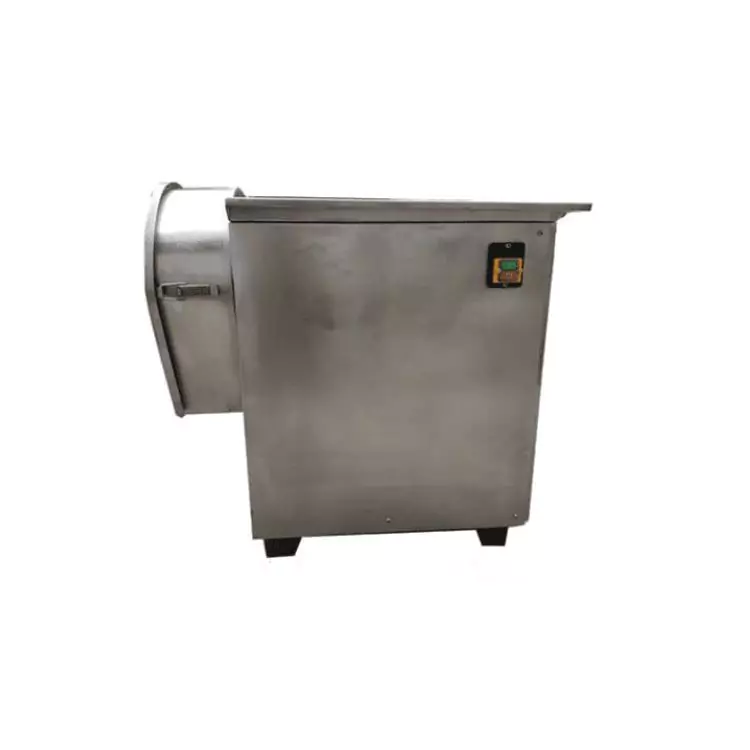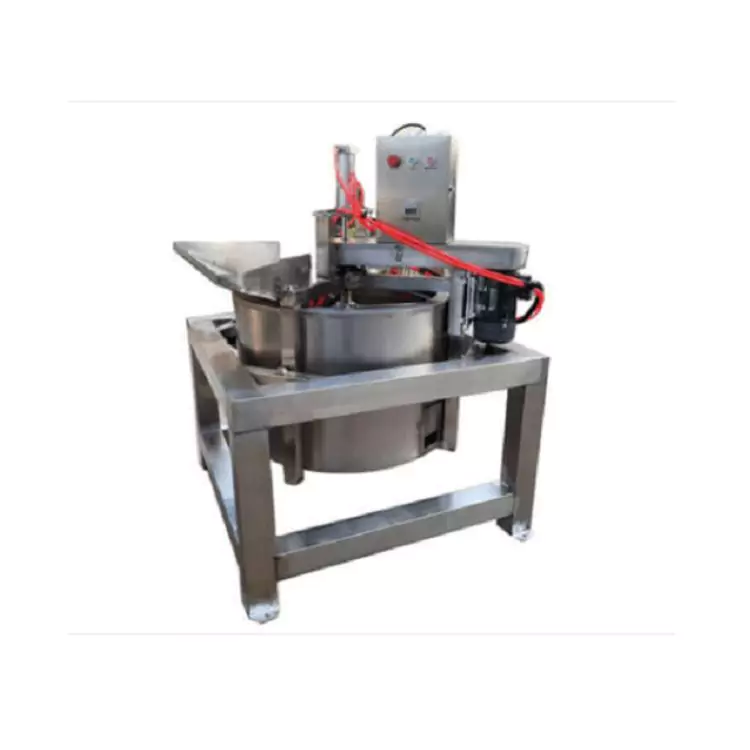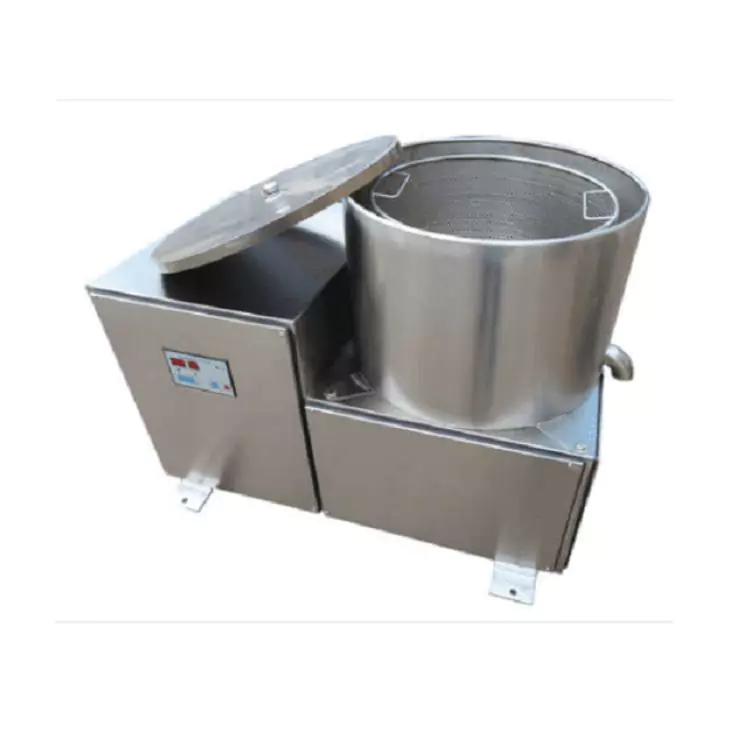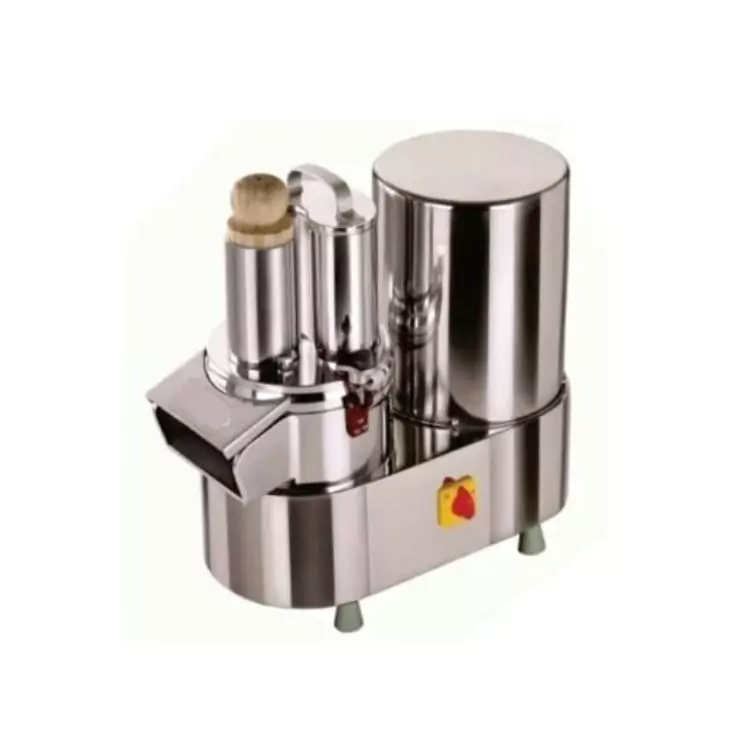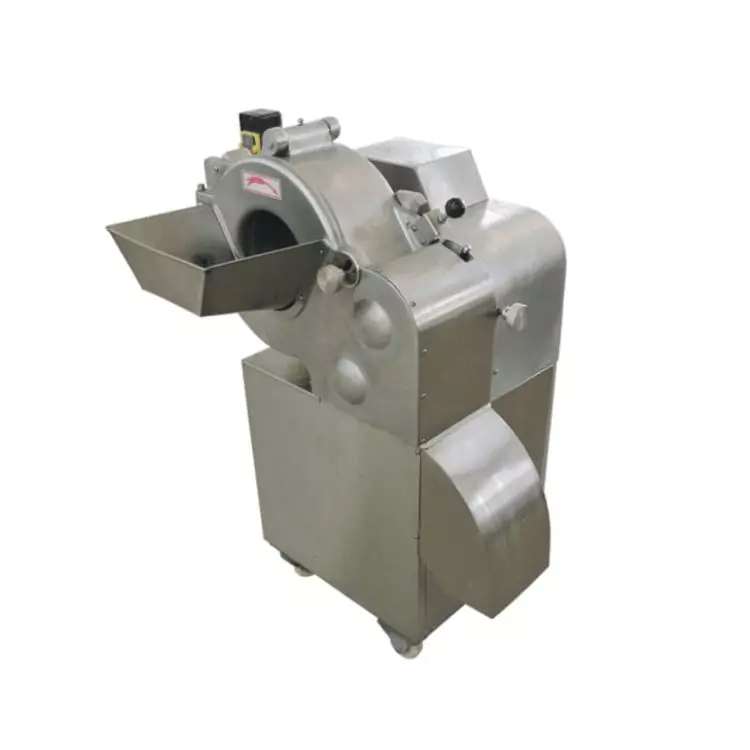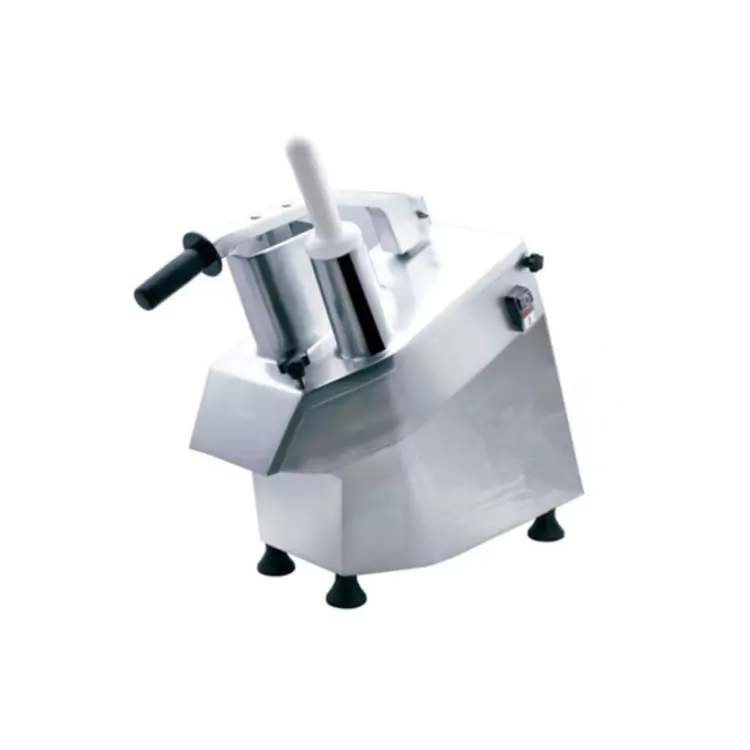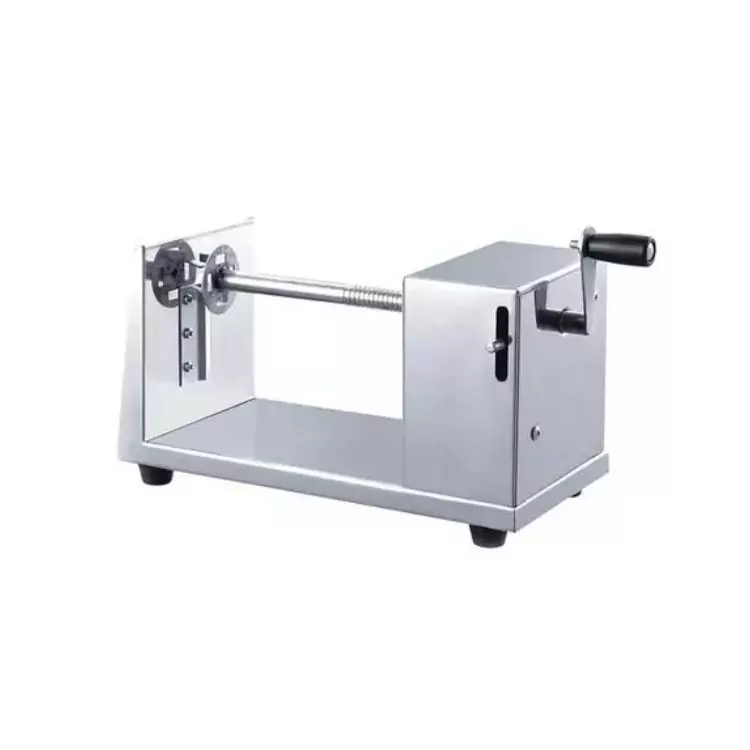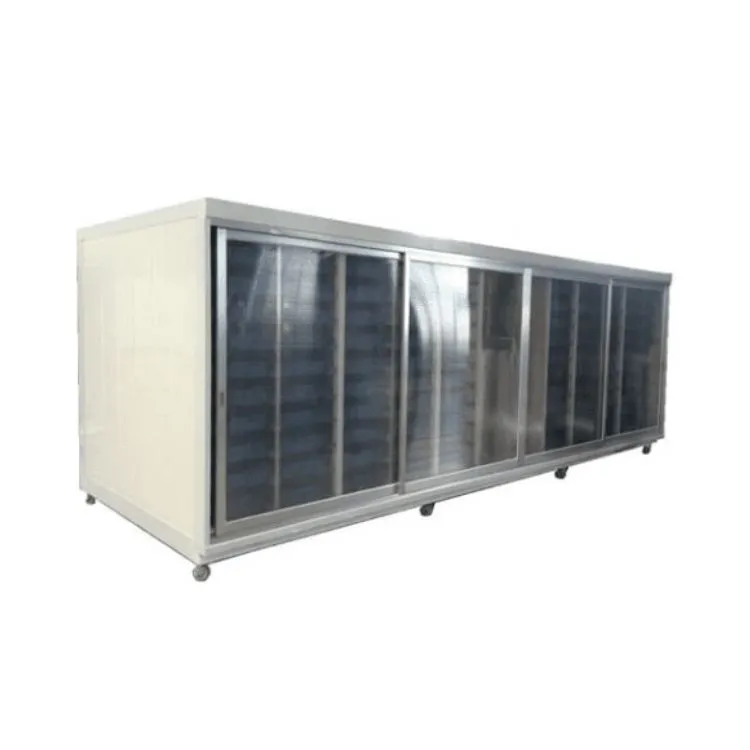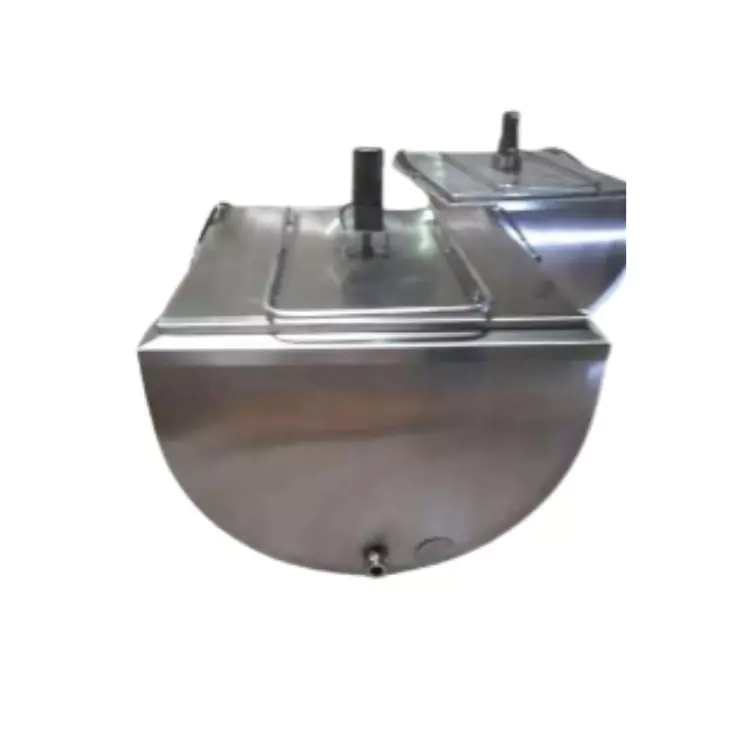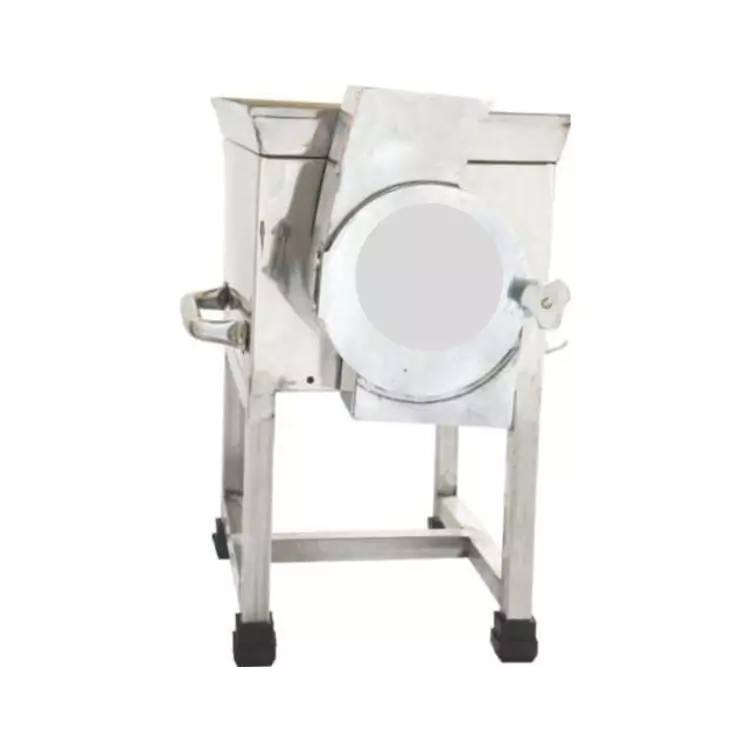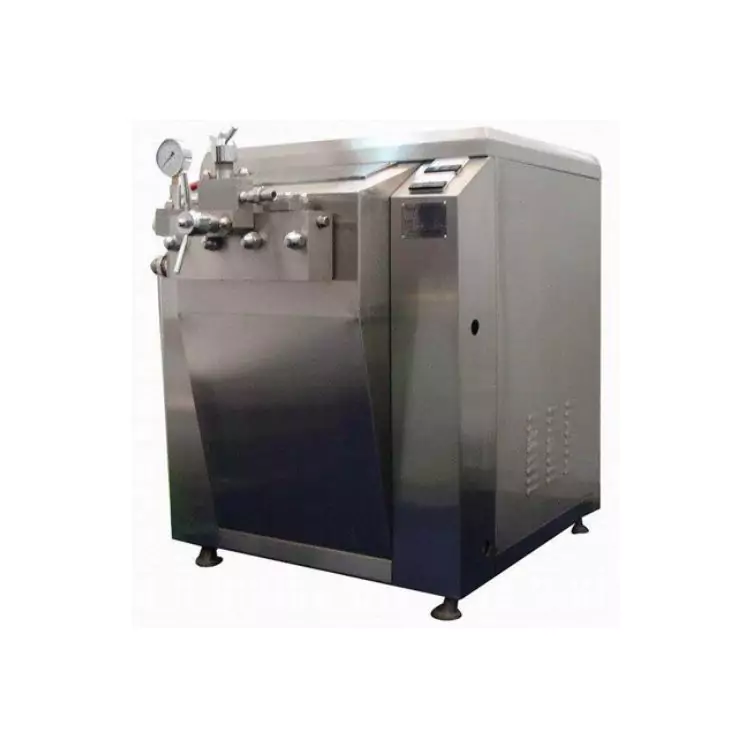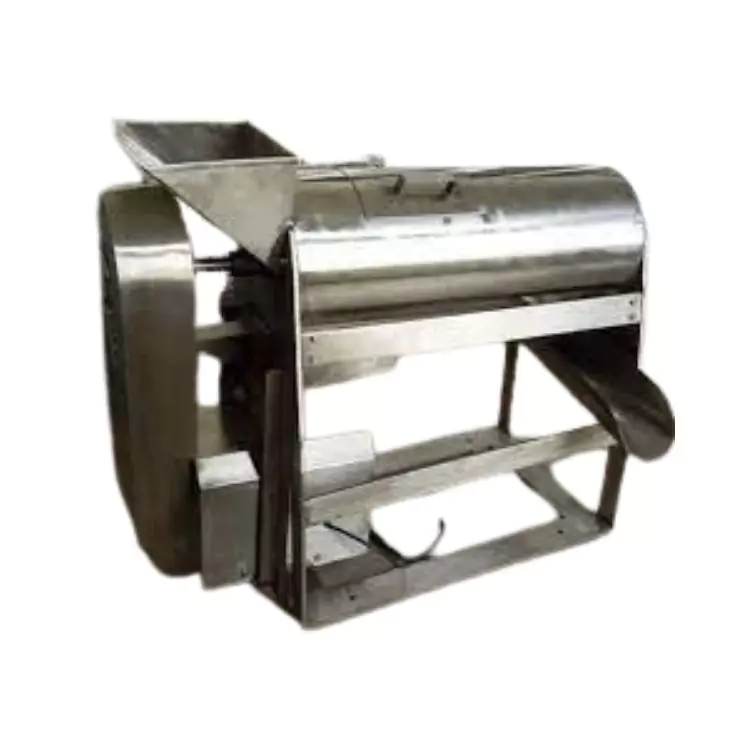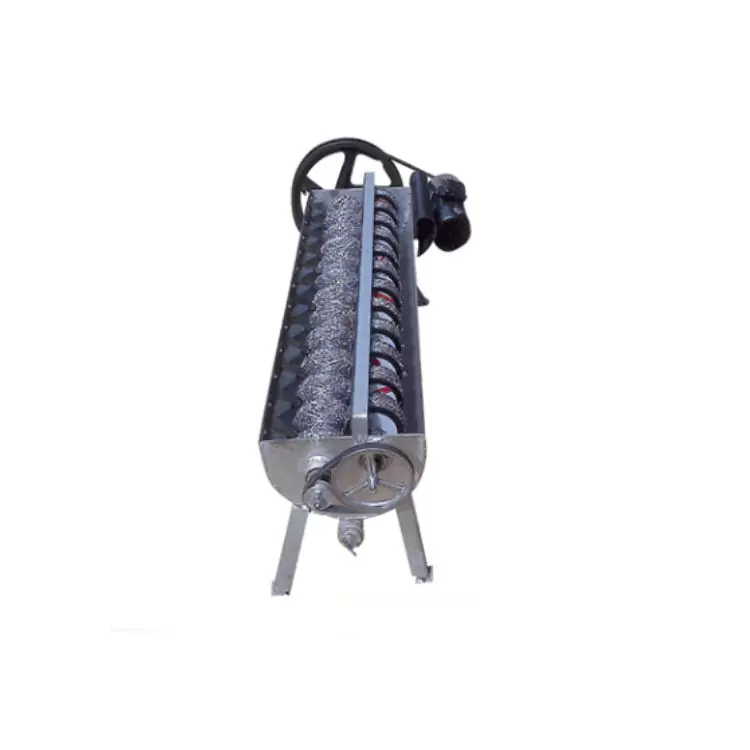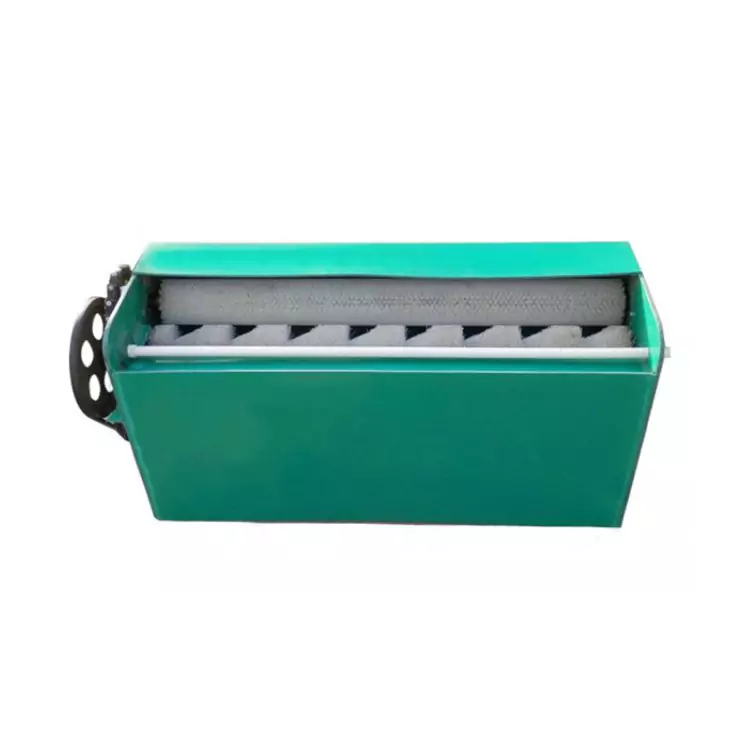The Benefits of Using a Bean Sprouts Washing and Dewatering Machine
Looking to take your bean sprout production to the next level? Say goodbye to time-consuming and labor-intensive manual washing and dewatering processes. Introducing the revolutionary Bean Sprouts Washing and Dewatering Machine – a game-changer for maximizing efficiency in your operations.
With its cutting-edge technology and user-friendly design, this machine streamlines the bean sprout cleaning and drying process, saving you valuable time and resources. No more tedious manual labor, as the machine efficiently washes and removes excess water from the sprouts in a fraction of the time.
Not only does this innovative machine offer improved productivity, but it also ensures a higher level of hygiene. Its robust system effectively eliminates impurities and contaminants, guaranteeing a safe and quality end product for your customers.
Whether you’re a small-scale grower or a large commercial producer, this Bean Sprouts Washing and Dewatering Machine is designed to meet your needs. Embrace the power of automation and experience the many benefits it brings to your bean sprout production – increased efficiency, enhanced productivity, and higher profitability.
Increased Efficiency in the Production Process
Efficiency is key in any production process, and the use of a bean sprouts washing and dewatering machine can significantly improve this aspect of your operations. Traditional manual washing and dewatering methods are time-consuming and labor-intensive, requiring a considerable amount of manpower. With the use of a machine, you can streamline these processes, reducing the time and effort required.
The machine’s automated system ensures a consistent and efficient cleaning and drying process. It can handle large volumes of bean sprouts, significantly increasing the production capacity of your operation. The machine’s high-speed performance allows for quick turnover, reducing waiting times and increasing overall productivity.
Furthermore, the machine’s design allows for easy integration into existing production lines, eliminating the need for complicated setup procedures. This enables a seamless transition from manual processes to automated ones, minimizing disruptions and maximizing efficiency.
By incorporating a bean sprouts washing and dewatering machine into your production process, you can save valuable time, resources, and labor, ultimately increasing your overall efficiency.
Improved Bean Sprouts Quality and Hygiene
In addition to efficiency gains, using a bean sprouts washing and dewatering machine can also have a positive impact on the quality and hygiene of your end product. Manual washing methods are prone to human error and often result in inconsistent cleaning and drying outcomes. This can lead to the presence of impurities and contaminants in the final product, compromising its quality and safety.
The bean sprouts washing and dewatering machine utilizes advanced technology to ensure thorough cleaning and effective removal of excess water. Its robust system eliminates impurities such as dirt, debris, and bacteria, guaranteeing a high level of hygiene and quality in the end product.
The machine’s gentle washing action also helps preserve the integrity of the bean sprouts, minimizing damage and bruising. This ensures that your customers receive fresh, crisp, and appealing bean sprouts, enhancing their overall satisfaction and loyalty to your brand.
Furthermore, the machine’s closed-loop water circulation system minimizes water usage and reduces the risk of cross-contamination. This not only contributes to the overall hygiene of your production process but also helps conserve water, making your operation more environmentally friendly.
By investing in a bean sprouts washing and dewatering machine, you can elevate the quality and hygiene standards of your bean sprout production, setting yourself apart from the competition.
Reducing Labor Costs and Manual Labor
One of the significant advantages of using a bean sprouts washing and dewatering machine is the reduction of labor costs and manual labor. Traditional manual washing and dewatering methods require a considerable amount of manpower, leading to increased labor costs and the potential for human error.
By automating these processes, you can significantly reduce the need for manual labor. The machine’s automated system handles the washing and dewatering tasks, eliminating the need for manual intervention and reducing the number of workers required.
Not only does this result in cost savings, but it also reduces the risk of human error, ensuring consistent and reliable outcomes. The machine’s precise controls and settings allow for customized washing and drying processes, tailored to your specific requirements.
Moreover, by reducing manual labor, you can reallocate your workforce to other areas of your operation, optimizing their skills and increasing overall productivity. This can lead to improved employee satisfaction and engagement, further enhancing the efficiency and profitability of your business.
In summary, investing in a bean sprouts washing and dewatering machine can help reduce labor costs, minimize manual labor, and improve overall operational efficiency.
FAQs
Washing bean sprouts is crucial to remove any dirt, debris, or bacteria that may be present on the surface. It helps ensure they are clean and safe for consumption.
Rinse the bean sprouts thoroughly under cold running water. Gently agitate them with your hands to dislodge any dirt or impurities. Repeat the rinsing process a few times until the water runs clear.
After washing, place the bean sprouts in a colander or mesh sieve to drain excess water. You can gently shake the colander or use a clean kitchen towel to pat the sprouts dry.
It's best to store bean sprouts dry to maintain their crispness and freshness. Excess moisture can cause them to spoil more quickly. Once dewatered, transfer the bean sprouts to a clean, dry container and refrigerate.
Dewatering is the process of removing excess moisture from bean sprouts after washing. It's essential to prevent the sprouts from becoming soggy, which can affect their texture and flavor negatively.


